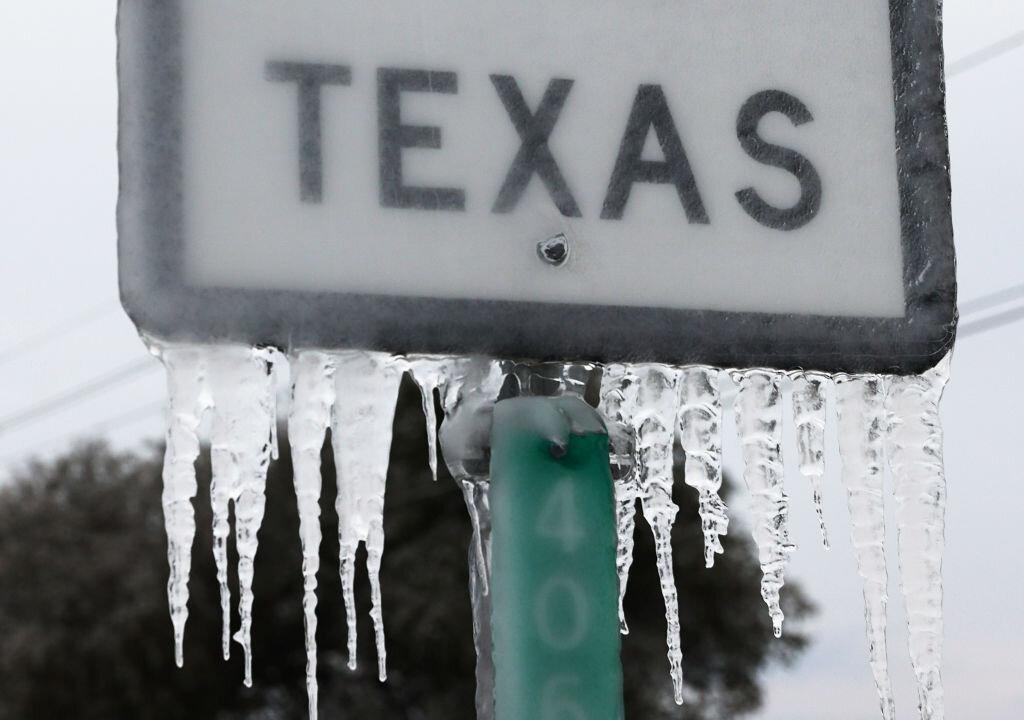AUSTIN, Texas—Texas’s top utilities regulator resigned Monday in the widening fallout from blackouts triggered by an unusually heavy and widespread winter storm that left millions in the state without power and water for days.
DeAnn Walker, the chairwoman of the Public Utility Commission, is the highest-ranking official to step down in the aftermath of one of the largest power failures in U.S. history.





